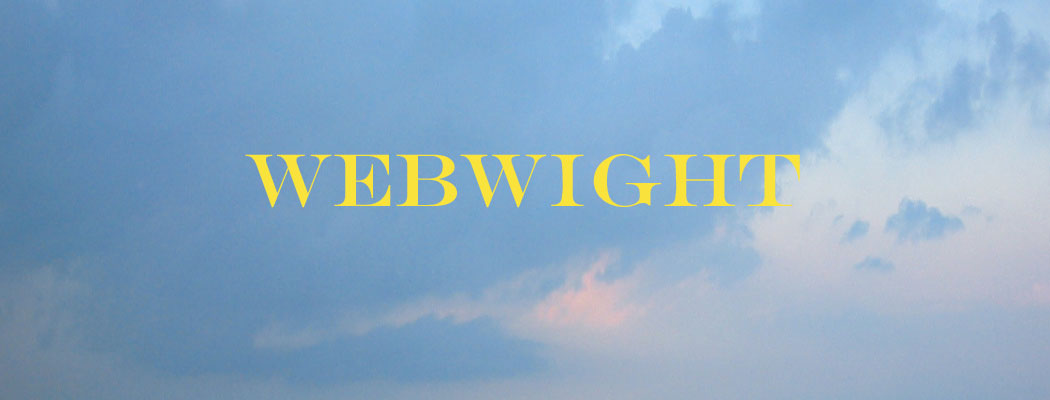Since I work with words and have loved the English language all my life, you might think I should have studied English at university. My very first English class in my first year disabused me of that idea. The professor’s doctoral thesis had been on stage metaphor in the poetry of John Donne. I had been reading John Donne for years for simple pleasure, but no longer! I lost heart and went on to study Chinese instead. I have never regretted it.
A couple of years ago, in a spurt of ambition, I joined the Modern Language Association (this is not why! honest!), and now get the PMLA in the mail, in spite of my father’s career, which served as a warning that professors of English spend most of their time writing things no one will ever read again. (A much more useful and interesting publication is the Chronicle of Higher Education, which is full of professorial gossip and news from the front, such as the recent resignation of a professor in Galveston, Texas after he gave failing grades to his entire MBA class for insolence and incompetence).
Today, the PMLA arrived and I was immediately reminded of why I didn’t major in English in college.
They use a text’s phonographic hardware to entrain literature into a Kittlerian discourse network– to connect “abstract meanings to real, tangible bodies, and bodies to regimes of power, information channels, and institutions.” (Suárez 748; see also Rice; Sterne).
Or:
This imaginary device would at once fulfill and explode the dream of competence; it would typologize, in all languages, the yeses of the text while also working against typology by understanding how yes eludes metalanguage; and it would trace the interplay of the two yes laughters without presuming to separate them through their reductive binarisms….
Ow! That hurt! As Whitman wrote after listening to another set of academics long ago,
How soon, unaccountable, I became tired and sick;
Till rising and gliding out, I wander’d off by myself,
In the mystical moist night-air, and from time to time,
Look’d up in perfect silence at the stars.
How much more compelling to read the real thing instead! A ballad from the fourteenth century:
An hendy hap ichabbe y-hent,
Ichot from hevene it is me sent,
From alle wymmen my love is lent
Ant lyht on Alisoun.*
or the lament of a great Chinese poet who had the misfortune to live through the second-deadliest war in world history:
Nations are smashed,
mountains and rivers remain.
A deeply felt time– tears splash on the flowers.
The ache of leaving–birds startle my heart.
The beacons have been lit for three months running.
A letter from home is worth ten thousand in gold….
*A wonderful thing has happened to me,/I think it is sent from heaven./From all other women my love has been taken/and alit on Alison.





